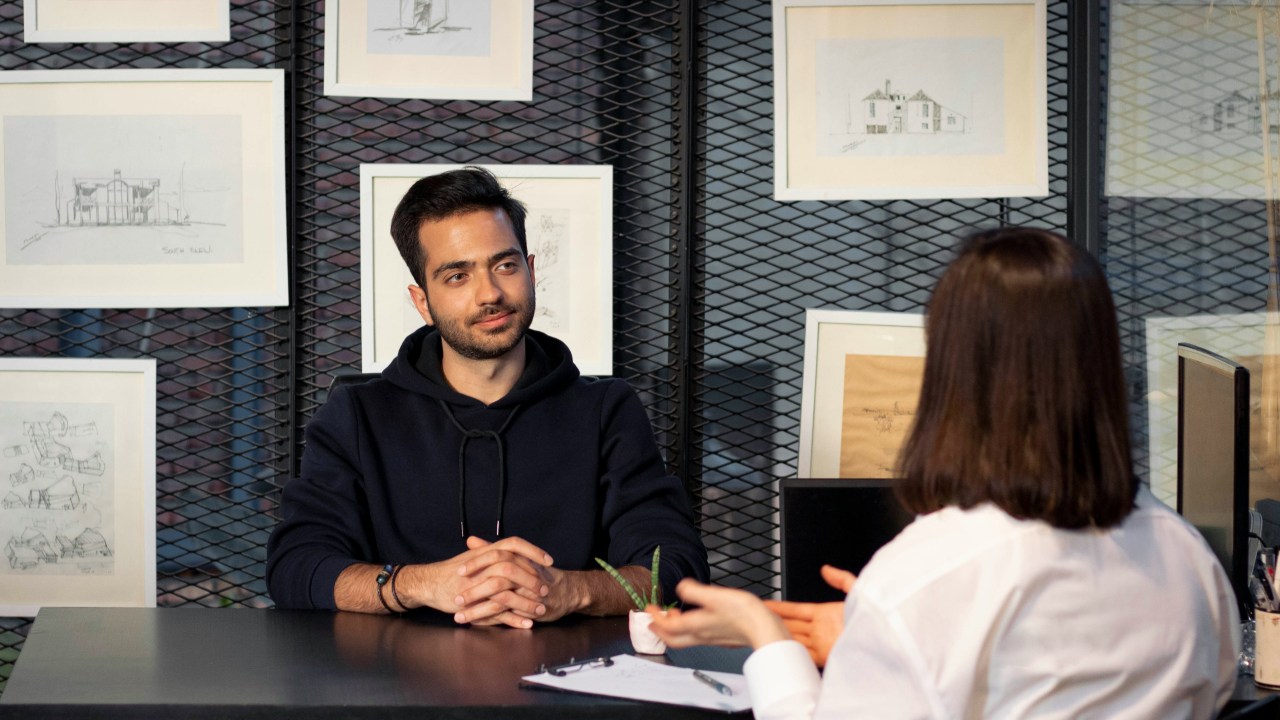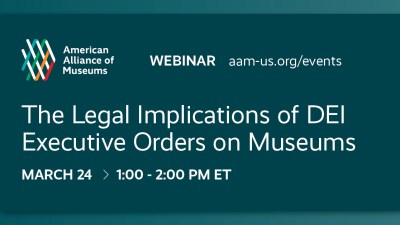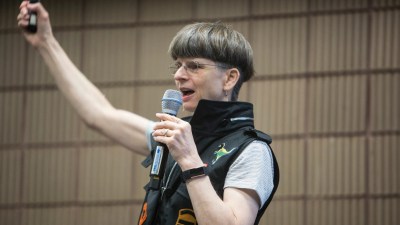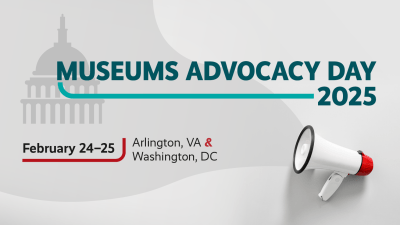
The American Alliance of Museums offers the following guidance from former director of human resources,
Welcome, museum job-seekers! Whether you’re drawn to ancient artifacts, mesmerized by contemporary art, or fascinated by science and nature, you’ve embarked on an exciting quest. In this tipsheet, we’ll unravel the mysteries of acing your museum interview—no magnifying glass required.
Here’s the practical advice you’ll need to dazzle interviewers with your confident qualifications and masterfully crafted answers.
Be a Sleuth: Get to Know the Museum
Before you even step into the interview room, do your homework and research the museum:
-
How and why did it come into being?
-
What is its mission and strategic plan?
-
What kind of collection does it have (if any)?
-
What kind of exhibitions and programs does it present?
-
What is its position in the cultural landscape and how does it contribute to the local community?
-
Who are the key staff and board?
Beyond standard experience and qualifications, museums are looking for candidates who will understand and embrace the things that make them unique. Knowing these details shows your genuine interest and passion in working for that museum, not just any museum, and showcases your research skills.
Craft Your Origin Story
There’s a reason why most job interviews begin with “Tell us about yourself,” and not “Tell us about your work history.” An interview is a chance to show who you are, not just to recite your résumé. Don’t be afraid to weave a story. Share how that childhood trip to the Natural History Museum sparked your love of fossils or how nervous you were to handle a priceless sculpture during your college internship. Be relatable and let your passion shine through.
Here’s how you should prepare to make your case for why you’re the right person for the job:
- Make sure you’ve carefully reviewed the job description and that you understand the qualifications and specific skills and experience required.
- Take a hard look at your strengths, accomplishments, and relevant experience and look for places where you have transferable skills that align with the job requirements.
- Come with specific examples and anecdotes to show the interviewers how your skills and experience make you a strong candidate for the position.
-
If you feel there are areas of the position you’d be growing into, be honest and transparent about where those are. Talk about your core motivations and interests for growth in the role.
Don’t be afraid to really sell yourself! You’re worth it.
Practice, Practice!
More likely than not, you’ll be asked a variety of different types of questions during the interview. Some will be factual, asking you to share information about your experience and qualifications. Some will be analytical, asking you to reflect on your working style, performance, and characteristics. Some might be behavioral, asking how you would respond in different hypothetical situations. There may even be a brainteaser or challenge question asking you to showcase your skills directly. To avoid any curveballs, it’s best to practice before going into the room:
- Consult lists of common interview questions and practice answering them based on your experience, skills, and qualifications.
- For behavioral questions, practice using the STAR (Situation, Task, Action, Result) model to structure your responses.
- Practice speaking confidently and articulately, and pay attention to your body language and tone of voice. If you’re unsure of how you present, try practicing in front of a camera or mirror, or a trusted person who can give you feedback.
- Try to keep your responses concise and focused, and avoid rambling or going off-topic. It is perfectly acceptable to take a moment to pause and collect your thoughts before responding to a question. This will help you avoid rushing into your response and ensure that your answer is focused and coherent.
The more questions you are ready to answer the more prepared you will feel.
Unleash Your Curiosity: What Questions Will You Ask?
Once you’ve thought about how to answer the questions the interviewer asks, remember to think about what you’ll ask them. Almost every interview will end with “Do you have any questions for us?” and you don’t want to freeze like a statue when that happens.
- Prepare a short list of questions that come to mind as you’re preparing for the interview. Ideally, these should be broad, open-ended questions that showcase your curiosity and get the interviewers to reflect on the museum’s culture and priorities. Ask about upcoming exhibitions, community outreach programs, or how the museum handles the delicate balance between preservation and accessibility, for instance.
- Try asking questions about the broader team or department you’ll be joining, which will show that you researched and want to deeply consider the position.
- Try not to ask anything that’s already answered in the job description or on the museum’s website. It’s also best to hold off on questions about things like working hours or retirement plans at this point, as your interviewers may not be the best people to answer them. You can discuss these later when they’re offering you the job (fingers crossed!).
- Make sure to ask clarifying questions if you’re unsure about a question or aspect of the position.
Try to Keep it Positive
Discussing past work experiences is a necessary part of the interview process, but it’s important to consider how you frame them. While challenging experiences are a reality for many of us, dwelling on the negative could lead your interviewers to form unintended impressions about your character and work style. Wherever possible, it’s best to focus on what you’ve learned from any experience and what you are seeking going forward. Here’s how to do that:
-
Focus on your strengths, accomplishments, and positive experiences, notwithstanding any difficulties. Even if you encountered barriers to doing your best work, it’s likely you still have things to be proud of from any working experience. Don’t undersell them—extract them from the baggage so you can take them forward with you into your next role.
- Frame challenges in a constructive manner. While you should not bad-talk past employers or colleagues, interviewers understand that working always comes with challenges, and will want to hear how you work to overcome them. Think about incidents where you were able to come to a positive solution, so you can share what the dynamics were and how you conquered them.
- Focus on what you want, not what you don’t want. If you’re trying to avoid repeating a past negative experience, try flipping your perspective to what you’re seeking in contrast. For example, if you did not work well under a boss who micromanaged your tasks, you might tell the interviewer you work best with a supervisor who trusts you and gives you room to learn from mistakes. If you struggled to manage long working hours, you might ask a question about the museum’s flexibility and work-life balance.
Don’t Forget to Follow Up!
After the interview, send a thank-you email or handwritten note to any interviewers. Use the note to express your gratitude for their time and to reiterate your passion for the museum and the position. While sending a note is not necessarily required, it’s a good thing to do for several reasons:
- It shows that you continue to be enthusiastic about the job after the interview.
- It demonstrates that you’re thoughtful, gracious, and grateful for the interviewers’ time.
- It gives you a chance to reiterate any key points or qualifications you want them to remember about you.
Remember, landing a museum job isn’t just about qualifications, it’s about connecting with the soul of the institution.








Comments